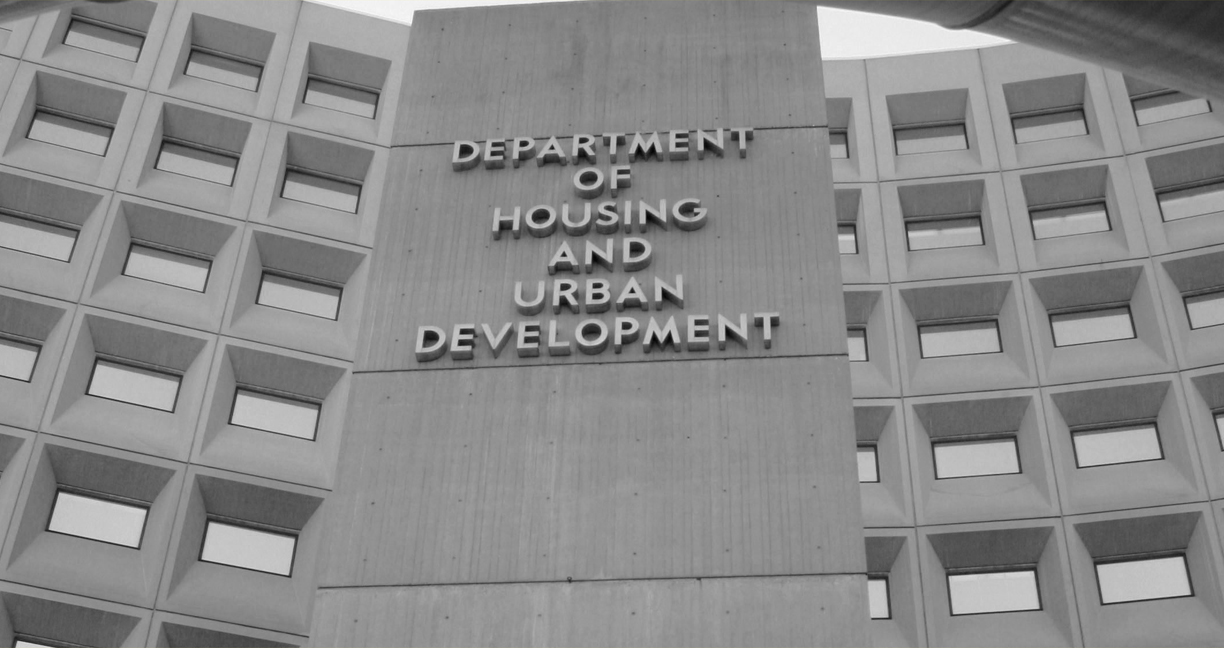Where Do You Draw The Line On Verification For Assistance Animals?
As landlords and property managers, you walk a thin line with regard to accommodation requests involving assistance animals. You obviously want to make sure that any tenant who needs an assistance animal is accommodated. At the same time, you need to require enough verification to weed out anyone who is trying to take advantage of […]










